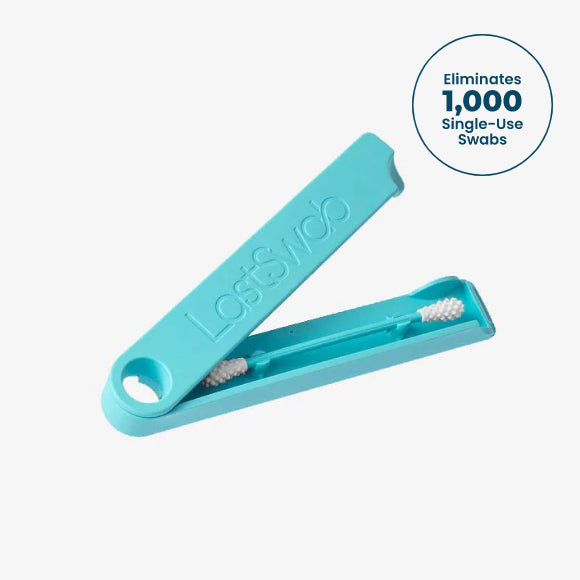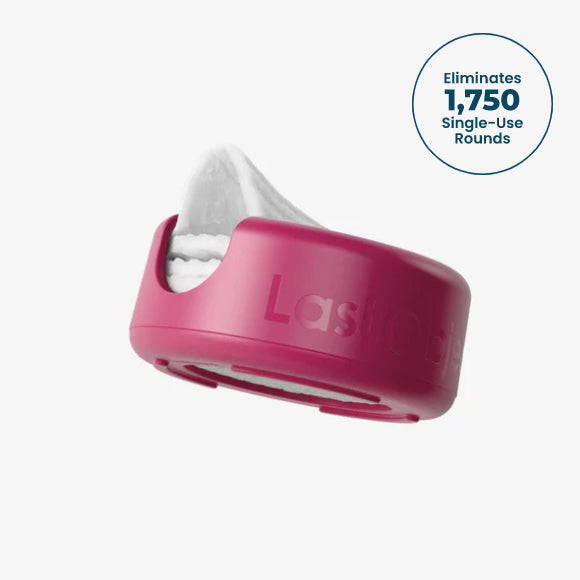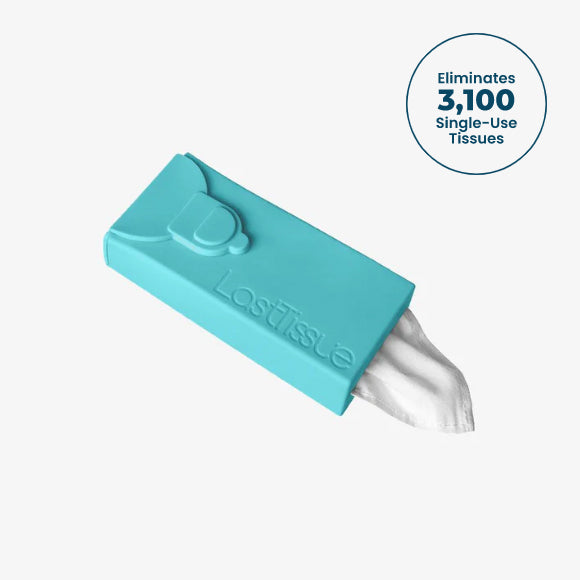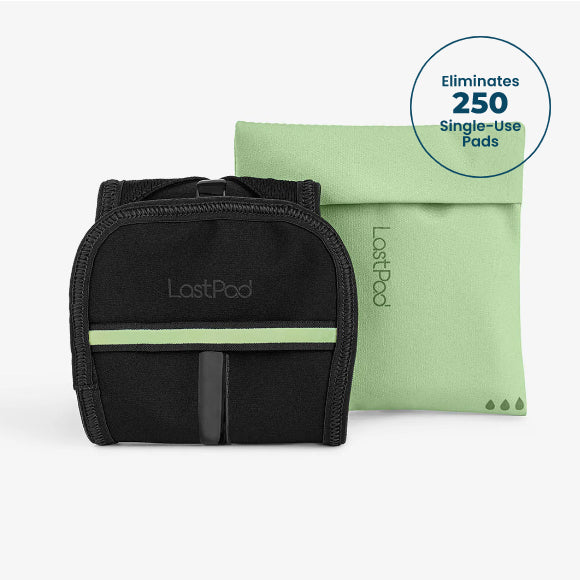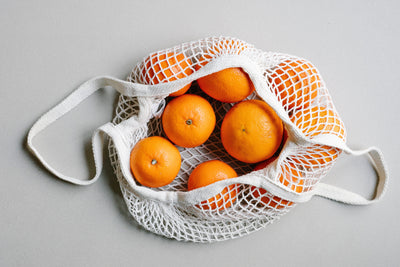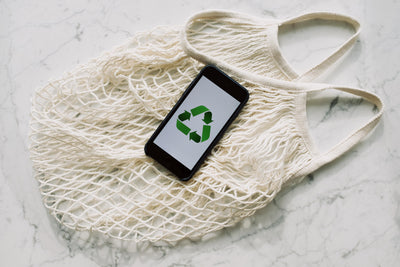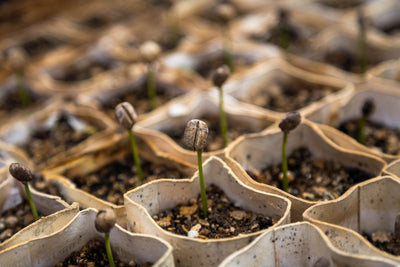Plastic Fantastic? The Dark Side of Plastic Pollution and How We Can Combat It
10 janvier 2023Did you know that over 5 trillion pieces of plastic are floating in the world's oceans?
By 2050, this number is expected to be quadrupled. You’ve probably heard the famous phrase, “by 2050, there will be more plastic than fish in the ocean”. But already today, there is enough plastic that if you were to spread it out along the coastlines and beaches, it would cover every single foot. The problem is more pronounced in countries where waste management systems are insufficient or nonexistent. But even in more developed countries that lack recycling facilities, plastic pollution is an ever-increasing issue.

How much plastic do we actually use per year? In 2023, it’s estimated to be more than 600 billion plastic bottles, 5 trillion plastic bags, and enough bubble wrap to cover the distance between Earth and the moon. And don’t even get us started on coffee cups, plastic straws, and cigarette butts. A really big part of plastic waste is single-use plastic and disposables that are used just one single time and then thrown away.
As if that isn’t terrifying enough, there are also microplastics to worry about. These are consumed by organisms that are lower in the food chain, who are then consumed by larger fish that is then consumed by humans. In fact, plastics have been found in the blood and even in the placenta of humans. The inhalation of plastic particles, which can be found in the air and in drinking water, has been linked to a range of health problems, including respiratory problems, cardiovascular disease, and reproductive issues. The long-term effects of plastic pollution on human health are a subject of ongoing research and concern.
While plastic pollution may seem like an insurmountable problem, there are things that individuals and communities can do to reduce their plastic consumption and prevent plastic from entering the environment.
Shop Responsibly
Keep the planet in mind and buy from brands that are ethical, sustainable and eco-friendly. Think about the things you usually buy and find better alternatives. That are many options today. What household products can you replace with eco-friendly options, what types of food is better or worse for the planet, what beauty items come in too big plastic cases, what clothes are you wearing and how are they manufactured? Shopping responsibly touches so many areas of your life and by making smaller changes in each, you can make a bigger difference. Many of these options are better for your health (read for example about detergents here).
Dress to Impress Mother Earth
Thrift your clothes vintage, dig out old favorites from your closet, arrange clothes-swapping events with your friends, rent fancy wear from rental services, or buy clothes made with better quality material that lasts longer. Capsule closets are also great to minimize shopping needs while keeping track of what you already have. Try setting a limit for yourself on how many items you can buy per year, and you’ll find it’s a great way to think through every purchase you make. It’s also waaay kinder on the wallet.

Minimize the Packaging
If you can, opt out of massive packaging and choose products that come in smaller packages made from recycled or sustainable materials. For some online shops, you can choose to get the package in a recycled box. Some brands offer refills so that you only need to get the bulkier case once. This is another excellent way to minimize the impact.
Ditch the Single-Use
Bring. That. Reusable. Cup. Or anything else that can replace your single-use habits. Always reach for that plastic straw? Replace it with bamboo or metal. Keen on that plastic bag? Have you seen how cute and practical totes can be? A challenge can be to write down all the ways you typically single-use in a day or week and then try to swap for more sustainable habits. What are your week spots? Identify them and rectify them.
Become the Influencer
We trust the people around us, like friends and family, and when someone you know recommends a good brand, you are more likely to give it a try. Remember that you can have the same influence and positive impact on the people in your life. Spread the word, inspire others, show the impact of plastic pollution and raise some awareness. When we are not aware, it’s harder to care.
Don’t Get the Plastic-Wrapped Food
Packing the veggies and fruit in paper bags and mesh bags is a great way to start, but what about the other types of food that come pre-wrapped in plastic containers? Finding options might be a bit trickier, but if you can’t, remember that you can still reach out to your grocery store and ask them to buy sustainable options. By making your voice heard as a consumer, there’s a bigger chance the demand creates the supply. You have a lot of power as a consumer.

There are many companies, organizations, and communities that have taken initiatives not just to reduce their own consumption but also to have a positive impact on the planet and reduce the amount of plastic already in nature. And there are many individuals who keep fighting for a better world. Join the forces, and together let’s stop single use-ing for good.
MORE Going Zero Waste ARTICLES View all ›
Ready to make
the switch?
- Powerful Cleaning
- Dissolves Easily
- Skin-Friendly
- Eco-Friendly
- No Mess




